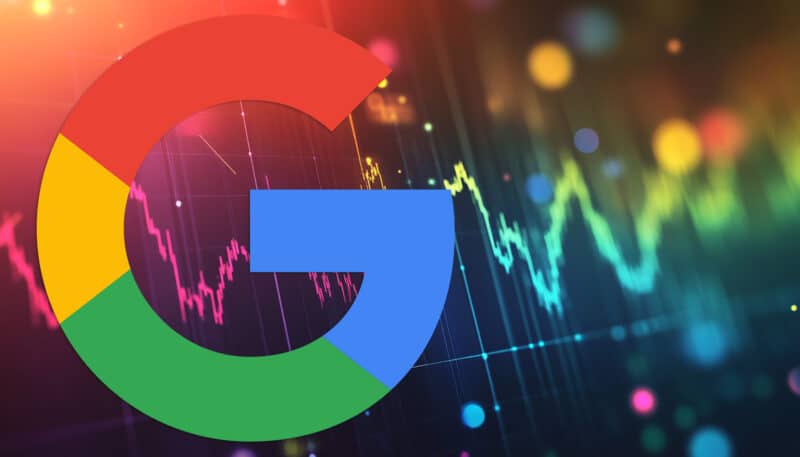
Navigating Google’s New Sponsored Ad Format: A Challenge for Advertisers
In an era where digital marketing is evolving at breakneck speed, Google’s introduction of the “People also consider” sponsored ad format has generated substantial debate among industry professionals. This innovative ad approach raises questions regarding the user experience and the very nature of how search results function, leading some experts to describe it as “SERP Inception.” This format, which began testing in 2024, has shifted how advertisers and users interact, necessitating a closer examination of its implications.
The new sponsored ad format features a labelled “Sponsored” section but functions differently than traditional advertisements, creating self-referential cycles of search results. When users click on these links, they are redirected to another page of search results, populated with additional advertisements and sponsored boxes. This recursive loop not only increases ad exposure but potentially overwhelms users, complicating their search journey. This could lead to significant confusion, especially for advertisers seeking to engage their audience effectively.
SEO consultant Glenn Gabe has voiced concerns about the depth of these ads, particularly around their integration into Google’s Performance Max campaigns. As businesses gauge the effectiveness of their advertising strategies, the difficulty of measuring performance comes to the forefront. With Google clarifying that these ads are within an experimental phase and currently free of click costs for advertisers, the long-term implications remain uncertain.
The blending of paid and organic results poses a unique challenge in tracking ads, blurring lines that once helped demarcate monetized content from organic listings. For digital marketing strategists, this change may signal a significant shift in user interactions with search engines. As the boundaries between paid and unpaid content become increasingly indistinct, it raises pivotal questions about how users perceive value in search results.
Moreover, as advertisers seek innovative ways to navigate this new landscape, the need for effective linkage tools becomes critical. Utilizing URL shorteners such as BitIgniter or LinksGPT can streamline how links are managed and presented in marketing campaigns. A short link management system allows for targeted tracking and a more streamlined user experience, ensuring that campaigns remain effective amid these changing dynamics. In this context, custom domain options for link shortening can also enhance brand visibility and trustworthiness, making it easier for users to engage with content.
Ultimately, this new sponsored ad experiment marks a potential turning point in the digital marketing sphere. The blurred lines between ad types and the increased complexity of tracking effectiveness may usher in a new era for marketers, necessitating adaptation, learning, and perhaps even a rethinking of traditional advertising strategies. As the industry observes Google’s next moves, the embrace of innovative link management tools could play a crucial role in navigating the future of digital marketing.
Industry Tags: #BitIgniter #LinksGPT #UrlExpander #UrlShortener #DigitalMarketing #SEO #SearchEngineMarketing
Want to know more: https://searchengineland.com/people-also-consider-concerns-454774

